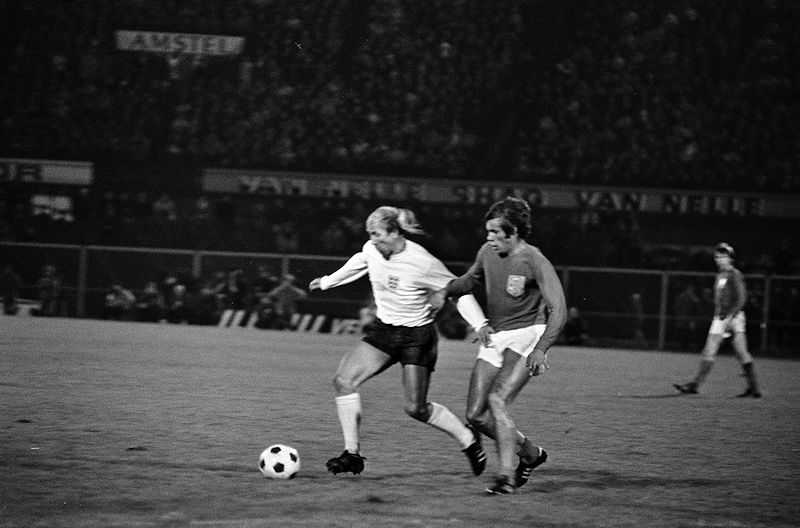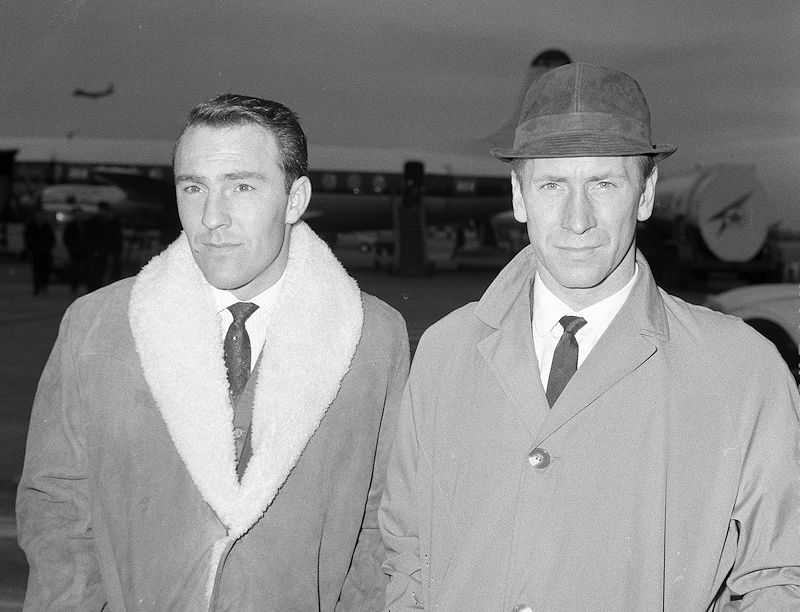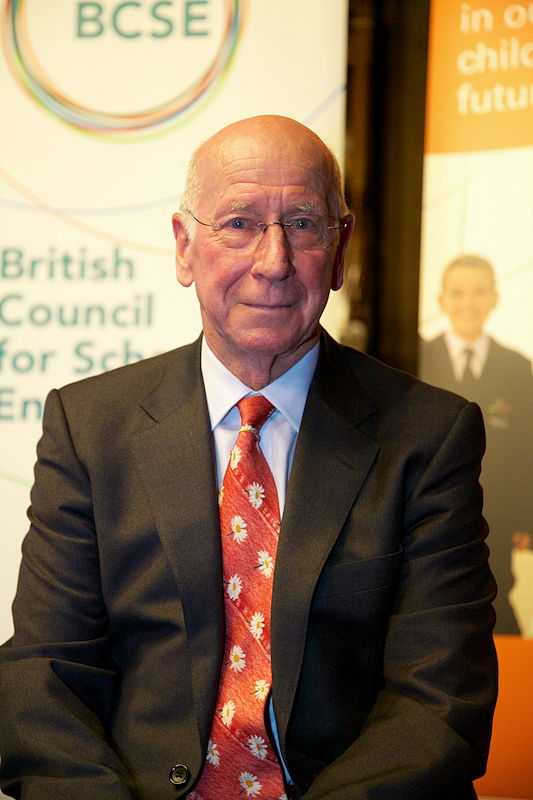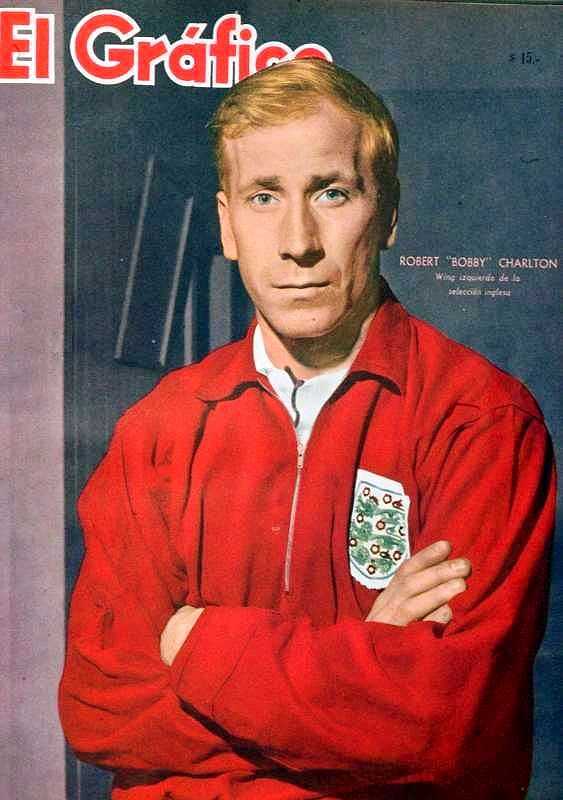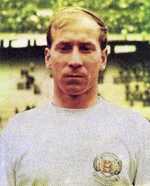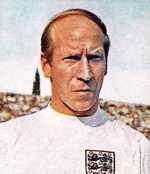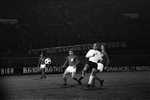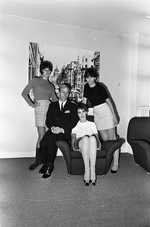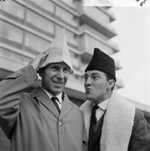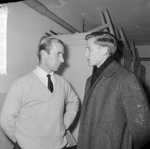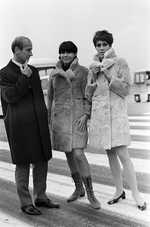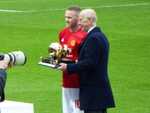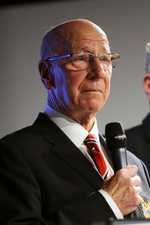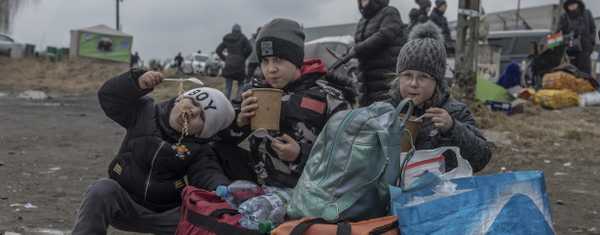1. Charlton's early life
Robert 'Bobby' Charlton was born in October 1937 in Ashington, Northumberland.
His parents were Robert and Elizabeth Charlton and it was through his mother's side of the family a young Bobby would become immersed in football.
His mother's maiden name was Milburn, cousin to football great Jackie Milburn and sister to four footballing brothers who all played for league clubs.
Manchester United
Charlton played football as a child and came to the attention of Manchester United's chief scout, Joe Armstrong, while playing for his school at the age of 15.
He signed for Manchester United in 1953, but was persuaded to take an apprenticeship in electrical engineering by his family to provide a career to fall back on in case football did not work out.
It proved to be an unnecessary worry as Charlton signed professional forms with the club the following year.
2. His early career
At the time Charlton joined Manchester United the club was being rebuilt under the management of Matt Busby.
Charlton became one of the players affectionately known as the Busby babes and played for the club's youth and reserve teams. In 1956 he was given his chance in the first team, making his debut against Charlton Athletic, scoring twice in a 4-2 win while playing with a sprained ankle.
Busby had been aware of his ankle issue prior to the game, but this was not an opportunity Charlton was going to miss out on and he told his manager the ankle was fine.
Charlton scored a hat-trick in the return fixture as United went on to win the league, before missing out on the double and a further winners medal when losing in the 1957 FA Cup final to Aston Villa.
Charlton was now a regular first team player as United became the first English team to compete in the European cup in 1957, losing to Real Madrid in the semi-finals. It was while competing in the same competition the following year that tragedy struck while returning from a fixture in Belgrade.
The Munich Air Disaster
After refuelling at a snow covered Munich, the plane carrying the players, staff and journalists crashed while attempting to take off with the loss of 23 lives, including 8 players. Charlton survived the horrendous ordeal and was hospitalised for a week, returning to football in an FA Cup match in early March.
England call-up
In April he was called up to his first England squad, making his debut against Scotland where he scored with a volley. He was then included in the 1958 England World Cup squad but did not play in any of the games, with England failing to advance to the knock-out stages of the tournament.
He did feature in the 1962 World Cup where he scored in a 2-1 win against Argentina in a tournament which saw England go out at the Quarter final stage to Brazil.
Domestic success
On the domestic front Manchester United returned to winning trophies in 1963 as they continued to rebuild after the Munich air disaster. They won the FA Cup against Leicester City before winning the league title in 1965.
United and Charlton were to land the title again in 1967, but in the year in between an international tournament was to forever cement Bobby Chartlon's name and those of his team mates in to English football history.
3. A Home World Cup
England staged the 1966 World Cup and a nation held its breath and hoped for glory. They were not to be disappointed.
After an inauspicious start with a goalless draw against Uruguay, it was Charlton who helped kick-start England's victorious campaign.
Getting to the Final
His strike from 30 yards with the ball arrowing in to the top corner is one of the abiding images from the World Cup, though people tend to forget the turn of pace Charlton showed to get him in to the position to take the shot. England were suddenly up and running.
In the quarter finals against Argentina Charlton received his only international caution during a career acknowledged for its sportsmanship. The semi-final against Portugal showed Charlton at his best, scoring both goals in a 2-1 win, the second a brilliant trademark Charlton finish.
The Final
Geoff Hurst's hat-trick helped England to their finest footballing hour as they beat West Germany in the final at Wembley 4-2 after extra time, yet Charlton had inspired and pushed his side on when they need it most throughout the competition.
Leading goalscorer ...
Following the World Cup Charlton was to pass Jimmy Greaves as the country's leading goalscorer in 1968, before helping England to the semi-finals of the European Championships where they lost 2-0 to Yugoslavia.
Charlton was to be selected for his fourth World Cup in 1970 in Mexico where England were once again to meet West Germany, this time in the quarter-finals. However the Germans ran out winners 3-2 after extra-time and Charlton made the decision to end his illustrious international career, aged 32.
Charlton held the record for the most England caps, 106, until he was overtaken by former team mate Bobby Moore in 1973. Goalkeeper Peter Shilton now leads the list, with 125 caps, with Charlton joint number seven alongside Frank Lampard).
Domestic success and failure
In 1968, ten years after the disaster at Munich, Manchester United won the European Cup, beating Benfica 4-1 after extra time at Wembley Stadium. Charlton was again instrumental in his side's success, scoring two of the goals, the first a rare headed goal.
Unfortunately going in to the 1970s Manchester United's fortunes started to flag and they became involved in relegation battles rather than championship bids. By now Charlton was not getting along with fellow star players George Best and Dennis Law and in 1973 he played his final game for the club against Chelsea at Stamford Bridge.
4. Retirement and Legacy
After leaving Manchester United Charlton managed and also briefly played for Preston North End, leaving the club early in the 1975-76 season.
It was not a successful period with Preston relegated in his first season in charge. He had a stint at Wigan as a director before finally returning home to Manchester United when he joined the board of directors in 1984. As a player for United he had won everything he could in a career spanning 754 games in which he notched 247 goals. The city of Manchester recognised his services to the club by awarding him the freedom of the city in 2009.
Awards
Charlton was the first English player to be selected for four World Cups and his significant contribution to England winning the 1966 tournament saw him win the Ballon d'Or that year. He was also awarded the Football Writers' Association Footballer of the year award for the 1965-66 season, one of many accolades he would win over the years. These included The PFA Merit award in 1974, BBC Sports Personalty of the Year Lifetime Achievement Award in 2008, Laureus Lifetime Achievement Award in 2012, as well as being inducted in to the football hall of fame in 2002.
Personal life
Bobby Charlton is married to Norma who he met in 1959 and they have two daughters. Away from football he is involved in a number of charitable causes, including the Find A Better Way charity which he founded in 2011 after a visit to Cambodia highlighted the dangers and humanitarian consequences of landmines in conflict affected areas of the world. He has also visited Bosnia and seen the affect of mines there in his role as a Laureus Sport for Good ambassador. The charity aims to promote the cause of landmine detection and elimination, recognising research and development are key to achieving the necessary change.
The last word ...
Knighted in 1994, Bobby Charlton epitomised all that is good in the game of football and sport as a whole. The way he carried himself on and off the pitch has earned him the respect of his peers and the respect of many outside of the game too. In the years since his retirement the game of football has changed considerably, some things for the better and perhaps some things for the worse. However, the modern game will be hard pressed to produce another with the class of Bobby Charlton.
